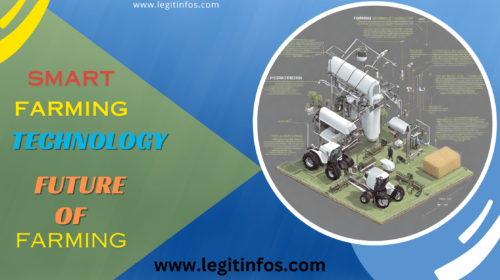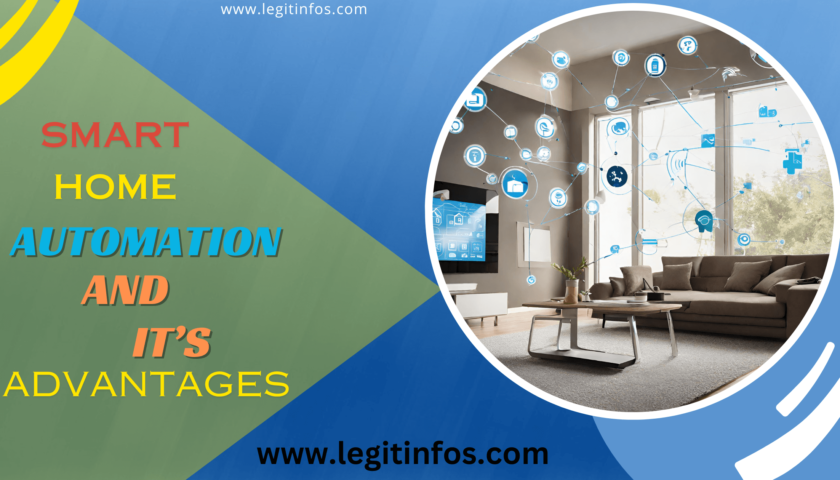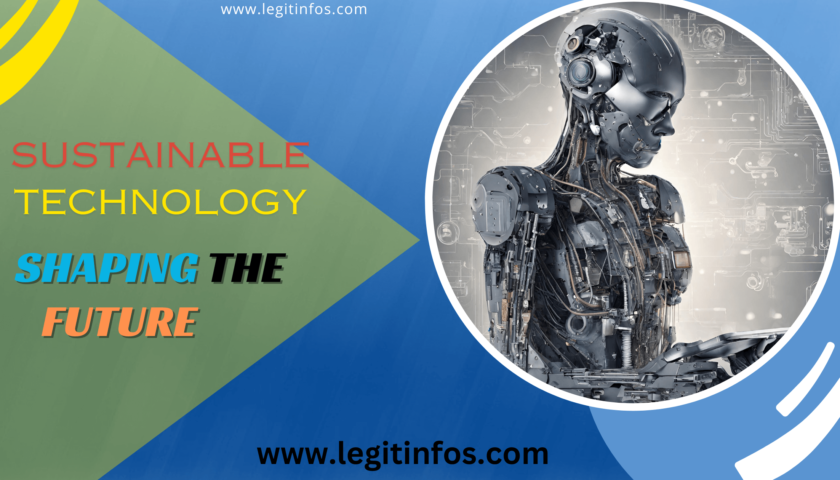In today’s world, technology has made impact in different industries to make living comfortable to humans. Over the years industries like the health industry has gained massive attention from technology due the invention of wearable devices.
With tools and data-driven insights, farmers can be able to make an informed decisions to optimize their farm yields, mitigate environmental impact and also reduce resources consumption. This inventions did not only improve productivity but also addresses the global demand for food security.
By the end of this article, you will have a good understanding of how technology has improve the agricultural landscape, its advantages, how to implement it and also the challenges in adopting smart farming.
Advantages of smart technology in farming
Smart technology in farming offers a lot advantages that Improves agricultural practices.
- The ability to collect and analyze large amount of data to give precise decision making
- It reduces the need for manual labor
- Increases operational efficiency
- Saves time alongside labor cost
- Farming practices are now carried out with precision
- It has the ability to monitor and manage resources effectively
- It minimizes environmental impact
In addition, the advantages of smart technology in farming goes beyond increased productivity to enhance data-driven decision-making, automation, and resource management, ultimately shaping a more sustainable and efficient agricultural landscape.
Impact of smart technology on crop yield and quality
The impact of smart technology on crop yield is great, as it enable farmers to optimize their production process as well as improve overall output. With the use of data analytics and real time monitoring, farmers can gin valuable insights into their crop health, soil conditions, and environmental factors, which enables them to make informed decisions to maximize yield.
Agricultural precision is a key component of smart technology, as farming practices can be sectioned to specific areas based on different conditions. This approach ensures that crops receive the precise amount of water, nutrient and other inputs that leads to improved yield and quality. Additionally farmers are now able to detect early signs of plant stress so quick intervention can be made.
Transparency throughout the production process. crucial information can be tracked and recorded using data-driven systems as it does not only ensures product quality and safety, but it also enhance consumer trust and confidence in the supply chain.
Smart technology and sustainable farming practices
Smart technology to sustainable farming practices is the management of input such as water and fertilizers precisely, through application based on real-time data. Asides optimizing resource usage, this approach also eliminates the risk of over-application, thereby reducing environmental contamination and promoting soil and water conservation.
Implementation of integrated pest management strategies, using data to monitor pest population and making use of targeted interventions when needed are been facilitated by smart technology. Also farmers can minimize chemical residue, as well as protect beneficial insects , support ecosystem diversity which leads to a balanced approach to pest control.
Land managements by optimizing field-level practices and reduction of the overall environmental footprint farming operations are possible by smart technology. In essence, smart technology and sustainable farming practices are connected thereby creating a pathway towards agricultural systems that support long term farming while minimizing environmental impact.
Implementing smart technology on the farm
A strategic approach is required to implement smart technology on the farm. One major step is to assess the specific needs and challenges on the farm, identifying areas where smart technology can deliver great impact and value.
After assessment, proper selection of smart technologies such as agricultural tools, IoT systems and automated machinery, play a vital role in aligning with the farms operational requirements and objectives. Operational compatibility between different tools is mandatory to establish an integrated smart farming ecosystem.
Implementing smart technology on the farm requires adequate training and support for personnel to mange the technology effectively. It also requires an approach that integrates technology selection, data management to maximize the benefit and impact of smart farming solutions.
Challenges and considerations in adopting smart technology
- While smart technology yields great farming, adopting it brings challenges and considerations that farmers must pass through, One for the challenge is the initial capital required to implement the technology, including hardware, software and facilities which may be current challenges for some farm.
- Ensuring smooth data integration across different systems or device can stand as a technical challenge which requires careful planning and expertise to optimize the functionality and performance of smart farming solutions.
- Data privacy as well as security also emerge as a critical consideration to be carried out when adopting smart technology, as collection of data can raise concern about data protection. Implementing high level data security measures and also following data privacy regulation are essential to protect sensitive information and maintain trust in smart farming systems.
Training and education for smart farming technology
As smart farming technology becomes vital, the need for educational programs is needed to equip farmers and industry professionals with the knowledge and skills needed to make use of these innovations effectively. The training must cover various aspects of smart farming technology, including management of data, utilization and operational practices.
The key aim of training and education for smart farming technology is the development of digital literacy and data management capabilities among farmers and agricultural personnel’s. Knowing how to collect, analyze and interpret farming data is essential for informed decision-making.
During training programs, emphasis should be made on the practical application of smart farming tools and technologies, alongside guidance on integrating these solutions into daily farming practices.
Conclusion
In conclusion, smart technology has shaped the future of farming offering a way towards data-driven and sustainable agricultural systems that meet the demands of our evolving world.



